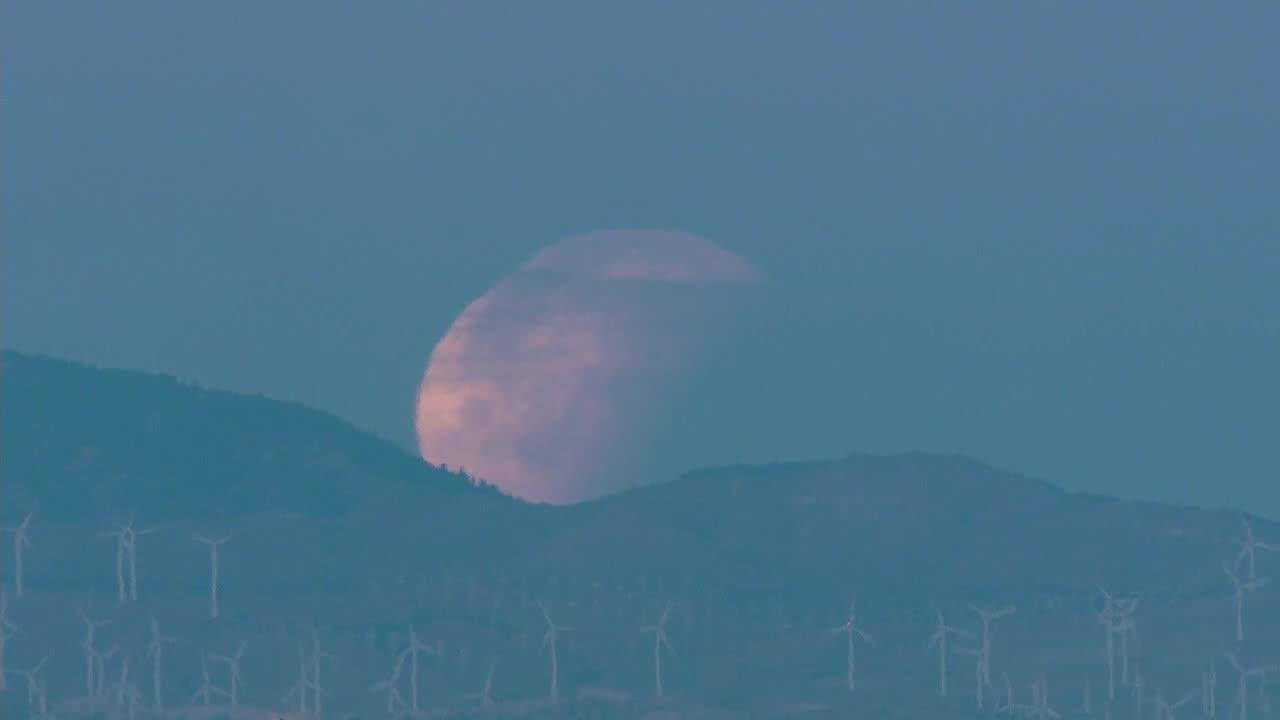
NASA TV provided coverage of Super Blue Moon Lunar Eclipse on Jan.
31.
The full moon was the third in a series of “supermoons,” when the Moon is closer to Earth in its orbit -- known as perigee -- and about 14 percent brighter than usual.
It was also the second full moon of the month, commonly known as a “blue moon.” As the super blue moon passed through Earth’s shadow, viewers in some locations experienced a total lunar eclipse.
While in Earth’s shadow, the moon also took on a reddish tint – which is sometimes referred to as a “blood moon.”

